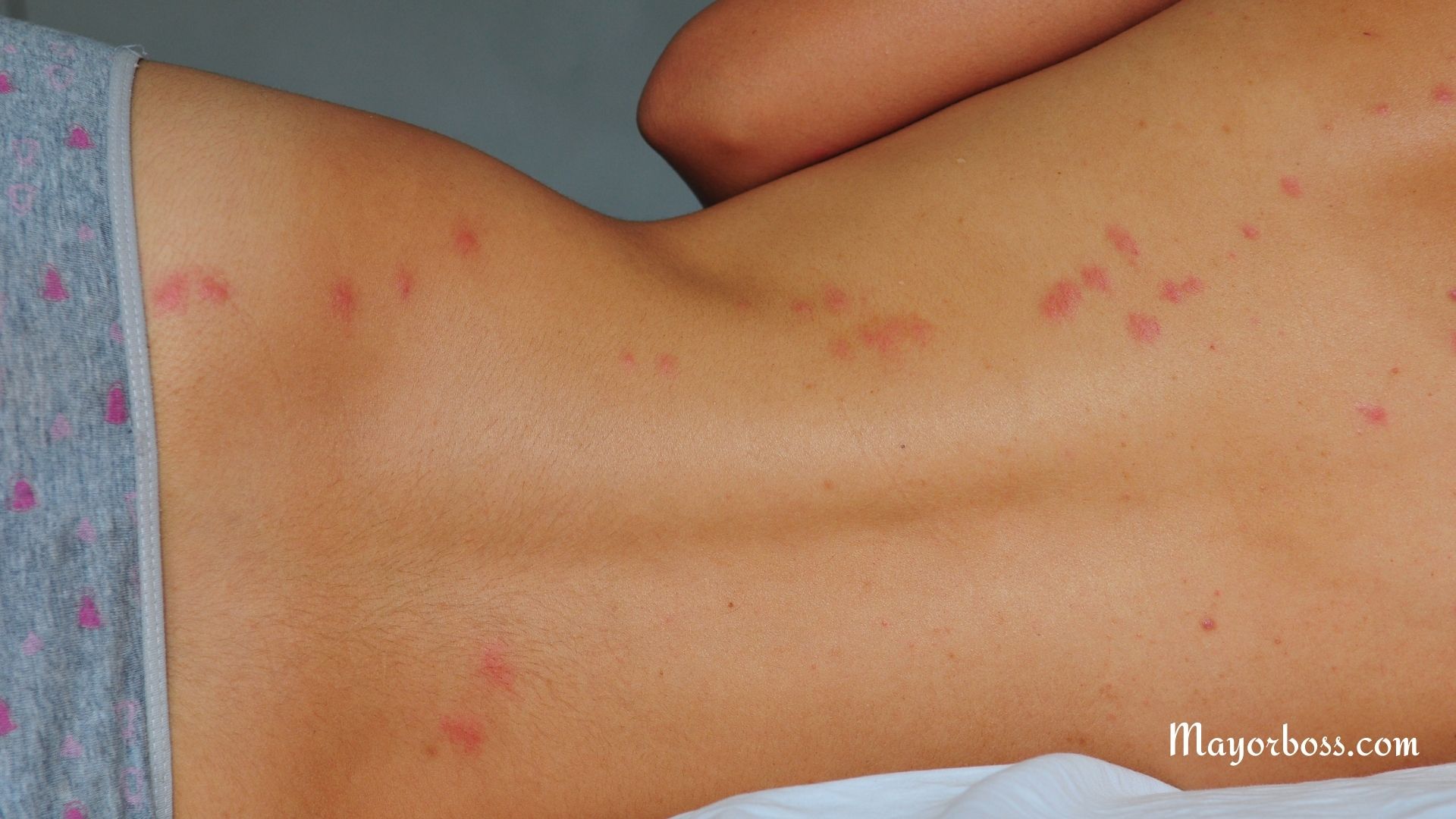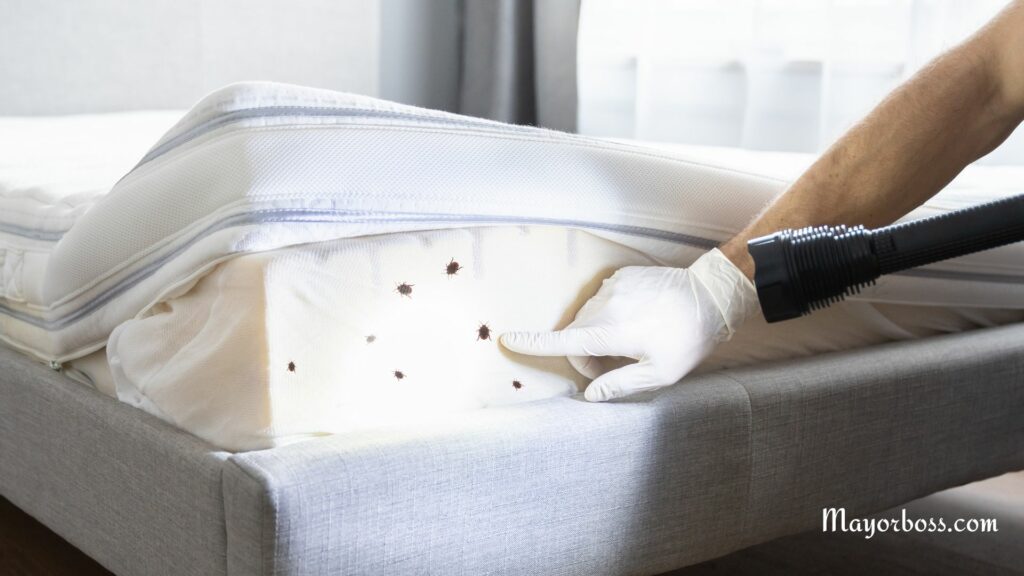How to Know if You Have Bed Bugs
Do you want to know if you have bed bugs? Bed bugs are tiny insects that feed on human blood and are notorious for invading homes. They are mainly active at night and can be difficult to spot. These bugs can cause skin irritation and disrupt your sleep. If you’re waking up with itchy red spots or noticing tiny dark stains on your bedding, it’s time to investigate for bed bugs.
Check for Physical Signs
Bites on Your Skin
When you wake up in the morning with unexplained red, itchy spots on your skin, this could be a clear indicator. Bed bug bites often appear as small, red, and itchy welts. They usually occur in a linear pattern or in clusters.

Dark Stains and Spots
Look out for small, dark spots on your mattress, sheets, and pillows. These are fecal spots left by the bugs, and they resemble tiny ink spots. You might also find their shed skins, which are light brown and similar in size to the bugs themselves.
Inspect Where You Sleep
Your Bed
Obviously, the first place to check is your bed. Pay close attention to the seams of your mattress and any crevices in your bed frame. Bed bugs love to hide in dark, tight spaces. Use a flashlight to search thoroughly.

Surrounding Areas
Don’t just limit your search to the bed. Inspect nightstands, dressers, and even electrical outlets close to your bed. If you find small bugs or even tiny white eggs, then it’s likely you have an infestation.
The Smell Test
Bed bugs emit a musty odor that’s often described as similar to wet, moldy clothes. If you notice such a smell around your sleeping area, it’s another sign that you may have a bed bug issue.
Use Sticky Traps
Place sticky traps or glue boards near your bed and in the corners of your room. Check these traps every few days for any captured bugs. This won’t eliminate the problem, but it can confirm if bed bugs are present.
Professional Inspection
If you’re still unsure, it’s a good idea to bring in professionals. They will perform a thorough inspection and can provide immediate solutions if bed bugs are found.
How Do They Get Into Homes?
Travel and Visits
Bed bugs are excellent hitchhikers. They can easily latch onto luggage, clothes, or even used furniture.
Neighborly Movement
If you live in an apartment complex, bed bugs can move through wall voids and electrical outlets, migrating from one unit to another.
Prevention Tips
Seal Cracks
Seal all cracks and crevices in your home to eliminate hiding spots for bed bugs.
Keep it Clean
Regular vacuuming and laundering can go a long way in keeping these pests at bay.
Be Cautious When Traveling
Always inspect hotel rooms before settling in, and keep your luggage off the floor.
So, if you’re waking up with itchy spots or noticing dark stains on your bedding, don’t ignore these signs. Take immediate action to confirm and tackle a possible bed bug infestation.
Further Reading: Bed Bugs: How to Spot Them and Get Rid of Them
